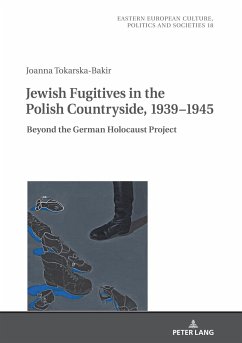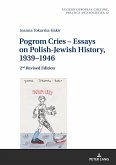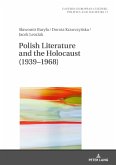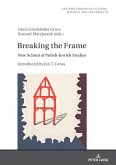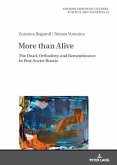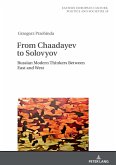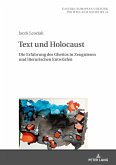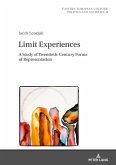Focused on the struggle to survive by the Jewish Poles stranded in the Polish countryside during the Holocaust, case studies collected in this volume are based on research carried out at Poland's Institute of National Remembrance. Where possible, they are also complemented by Jewish survivors' testimonies dispersed throughout the world. There are at least two leitmotifs recurring throughout all texts: What are the social correlates of the anti-Jewish violence undertaken by Polish neighbours without German initiative and even knowledge? Are there certain types of social relationships more subject or prone to this kind of violence? What was the role of peasantry, social elites, and Catholic church in inciting and perpetrating it? Was this violence influenced by the Holocaust, or was it a separate form of genocidal violence?
Bitte wählen Sie Ihr Anliegen aus.
Rechnungen
Retourenschein anfordern
Bestellstatus
Storno

